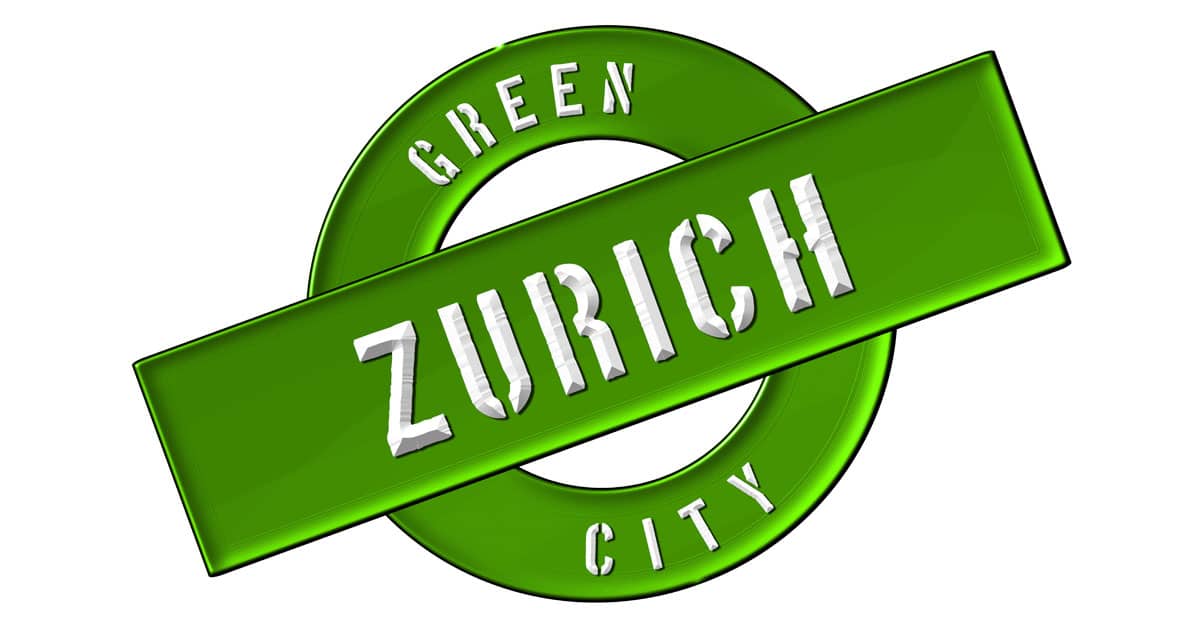The city will continue to develop successfully in the future. The City Council is setting the course with the Zurich 2035 strategies. The City of Zurich is well positioned in terms of sustainability and sustainable development. At the same time, however, Zurich faces major challenges. Zurich’s society is not yet sustainable (and not 2000-watt-capable). Due to the high level of prosperity, a considerable amount of resources are still being consumed. For this reason, the City of Zurich has defined a number of sustainability goals.
The first one is climate neutrality. Direct greenhouse gas emissions are to be reduced to zero by 2040. For the first time, the city has set a target for indirect greenhouse gas emissions per inhabitant. Compared to 1990, these are to be reduced by 30 percent by 2040. Then, sustainable food management follows: The food we consume accounts for about a third of our environmental impact and 20% of greenhouse gas emissions. More than half of our food comes from abroad, and we are only 48% self-sufficient. Therefore, it is important to look at the whole production chain – both within and beyond city and national borders. In a referendum in November 2017, the “promotion of environmentally friendly food and information on the impact of food on the global climate” was added to the city’s bylaws. In addition, the “Pact for Urban Food Policy” will be enacted. The third goal is green urban planning: Healthy living in Zurich requires high environmental quality. Protection from sound and noise, temperature, light and radiation are all components of high environmental quality. These components are crucial for the well-being of the urban population and for health protection. This strategy includes areas such as air pollution, urban heat management, noise abatement and the greening of Zurich.








